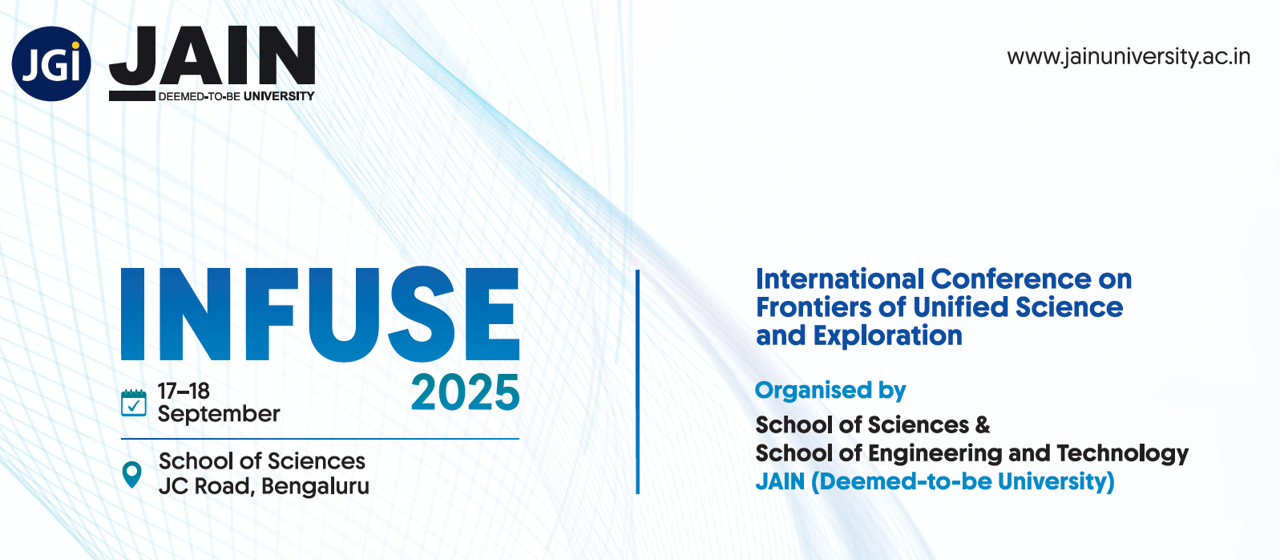Speaker
Description
Introduction: Early childhood caries is one of the most common childhood diseases worldwide. Determining risk factors and the oral microbiome of dental plaque through metagenomic study is crucial for targeted oral health intervention.
Objective: To assess the risk factors and dominant microbiome associated with early childhood caries using a metagenomic approach among the urban population of Bengaluru district.
Method: A case-control study was conducted on 356 (256 ECC cases, 100 controls) children who visited the Ramaiah Dental College from April to November 2024. Data were collected using standardized dental examinations and caregiver questionnaires. Random sampling of 40 children from various categories of ECC (mild, moderate, and severe) was sent for metagenomic study owing to the high precision of Illumina technology.Risk factors were analyzed using multiple logistic regression.
Findings: Logistic regression showed that birth weight [OR: 10.641 (4.064, 27.865)], frequency of brushing [OR: 0.163 (0.073, 0.363)], type of toothpaste [OR: 2.986 (1.380, 6.462)], duration of breastfeeding [OR: 9.498 (2.442, 36.935)], frequency of breastfeeding during the night [OR: 9.498 (2.442, 36.935)], age of eruption of first tooth [OR: 0.039 (0.009, 0.170)], and snacking frequency [OR: 13.426 (5.189, 34.734)] are significant risk factors contributing to ECC. Illumina MiSeq sequencing of oral samples revealed genera such as Tanerella, Actinomyces, Prevotella, Selenomonas, Lautropia, Corynebacterium, Cardiobacterium, and Neisseria.
Conclusion: ECC is a multifactorial disease with key risk factors including diverse microbial population, birth weight, brushing frequency, toothpaste type, breastfeeding duration and frequency, age of first tooth eruption, and snacking habits. Metagenomic analysis of the samples suggests that various genera of bacteria, like Tanerella, Actinomyces, Prevotella, Selenomonas, Lautropia, Corynebacterium, Cardiobacterium, and Neisseria, are risk markers for early childhood caries.
Keywords: Early childhood caries, Metagenomic analysis, Illumina sequencing, feeding behavior, Low birth weight, Sugar intake

